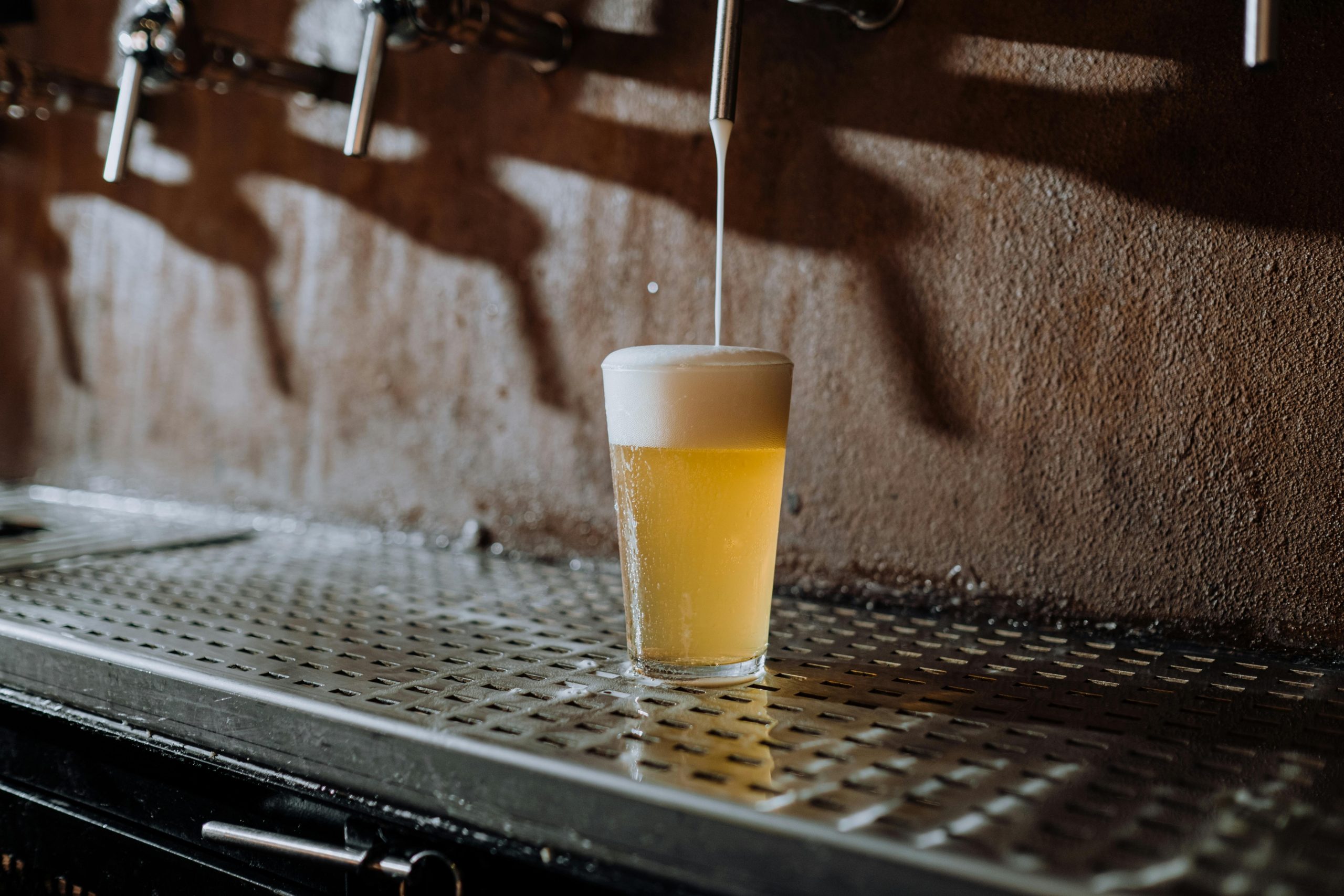Your cart is currently empty!

Steven Coulson
Steven has been drinking beers, wines and spirits for decades and has a propensity to go about them at length after a few drinks.
Latest Posts
- My wife found out our favorite Gin for martinis was discontinued. I think we are good for a while…

- Oregon Road Trip: Freeland Spirits Garden Botanicals Gin

- Botanist with Trader Joe’s Lemon and Elderflower Soda

- I’m one of the worlds leading buyers of craft gin in the world and a international spirit judge AMA

- I’m blown away…. By how let down I am by this Gin.

Categories
Tags
Social Links

The Psychoactive Properties of Hops: A Brew Lover’s Exploration
When it comes to the conversation about the effects of hops in beer, opinions can vary widely. Recently, I delved deeper into my experiences with different types of hoppy beers, particularly focusing on how certain styles affect me beyond the typical alcohol buzz.
In a previous discussion, I shared my preference for India Pale Ales (IPAs) with high International Bitterness Units (IBUs), arguing that they deliver a distinct experience that regular hopped beers simply don’t replicate. While the feedback I received was diverse—with some supporters echoing my sentiments, and others attributing my feelings to higher alcohol content—I decided it was time to embark on a little personal experimentation to better understand this phenomenon.
One of my discoveries was the “Cold” IPA, which, surprisingly, contains fewer hops yet boasts an ABV similar to its West Coast counterparts. Conversely, Imperial IPAs often feature an excessive alcohol percentage without the corresponding hop intensity that I seek. Despite the higher alcohol levels, neither of these styles quite hit the mark for me. Instead, a well-crafted West Coast IPA with a moderate ABV consistently delivers a satisfying experience that aligns with my palate.
What’s particularly fascinating is how the sensation I derive from hoppiness appears to differ from the usual effects of alcohol. It’s more of a cerebral high—energizing and uplifting—rather than the typical relaxing buzz associated with drinking. This leads me to ponder whether hops may possess psychoactive properties under specific conditions. Could the fermentation process enhance the bioavailability of certain compounds in hops? Is there a synergistic effect with alcohol, or might it facilitate the passage of these hop compounds across the blood-brain barrier?
I should clarify that I don’t experience any negative reactions to hops, such as the discomfort associated with allergies. Instead, my encounters with hoppy beers often culminate in a euphoric state of mind.
This curiosity about hops leads to an interesting question: Why have they remained a staple in brewing for centuries? Historically speaking, not all beers contained hops, but once their unique properties were discovered, they quickly became a hallmark of beer production. There must be compelling reasons for this enduring popularity, prompting us to explore not only the flavor profiles but also the potential effects of hops on our minds and bodies.
As we continue to enjoy our brews, let’s keep in mind the fascinating properties of hops and their long-standing place in the world of beer. Whether it’s for the flavor
